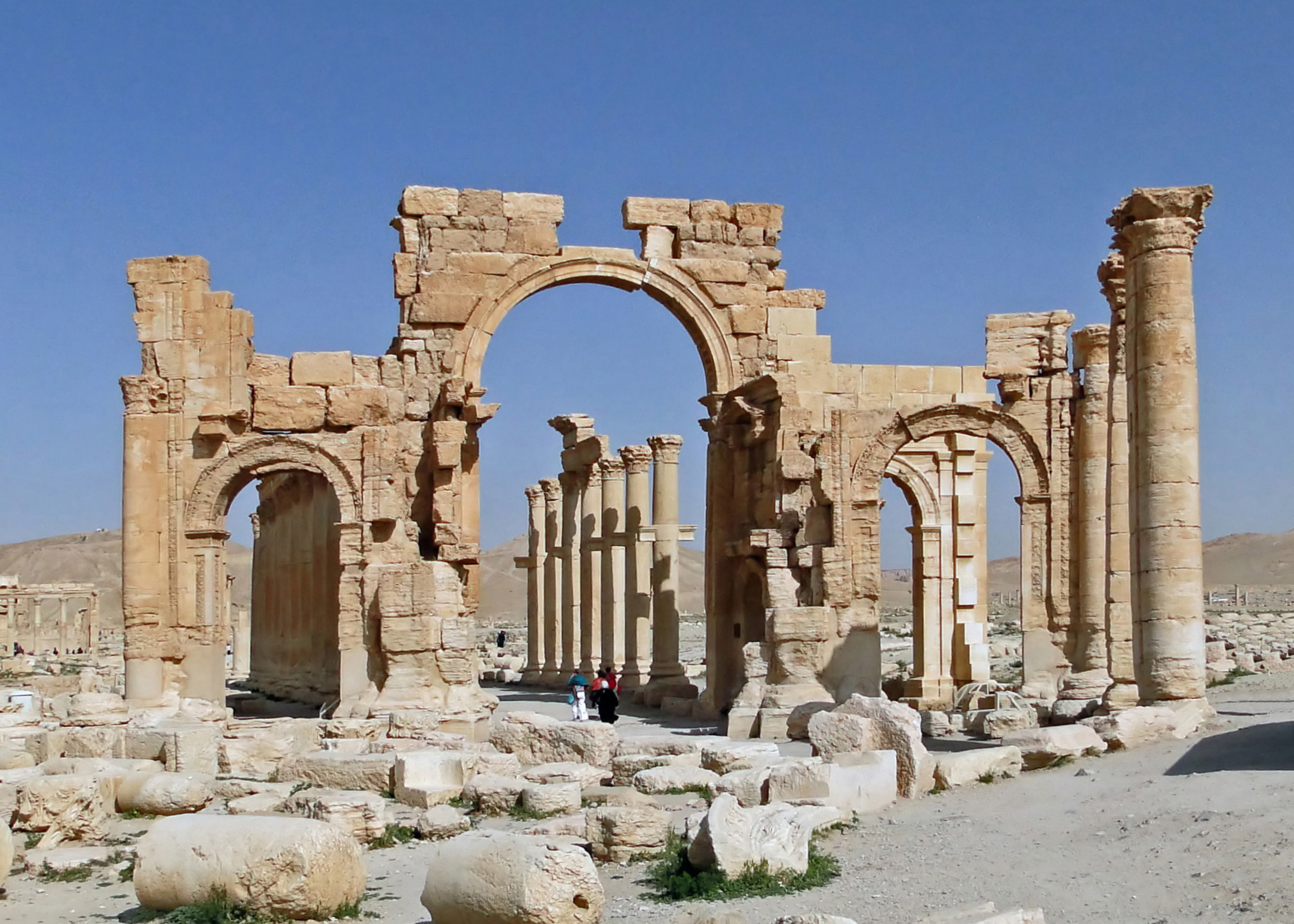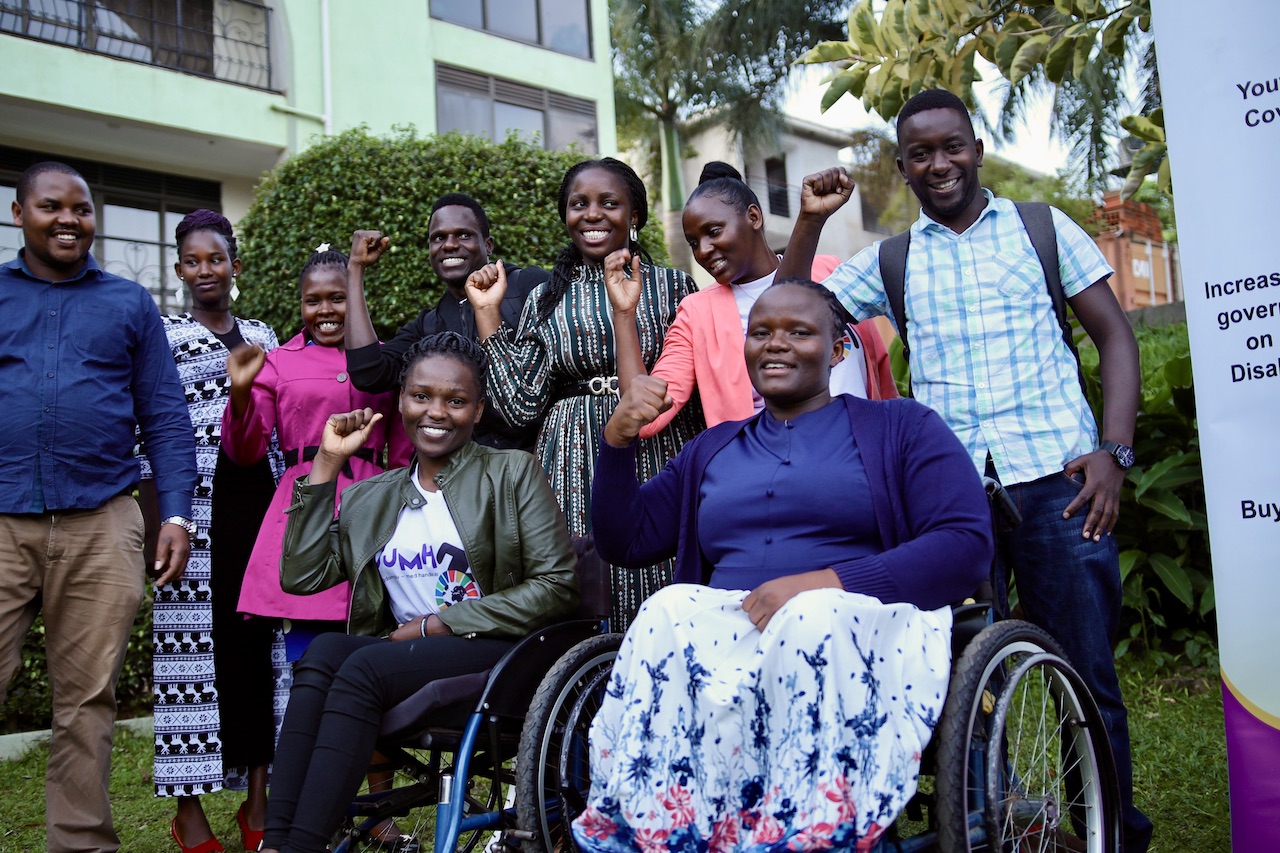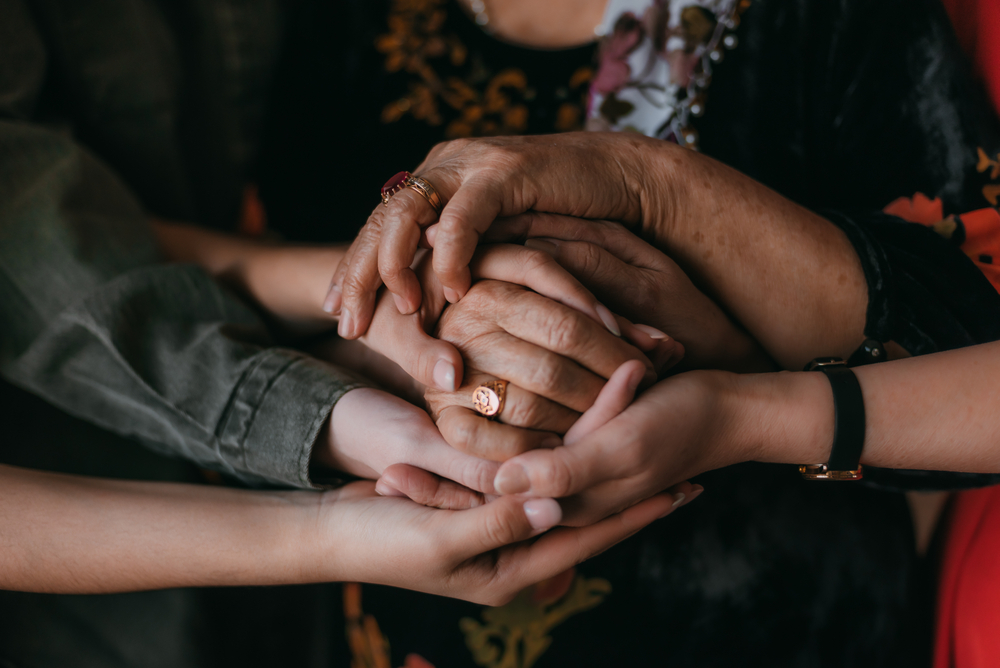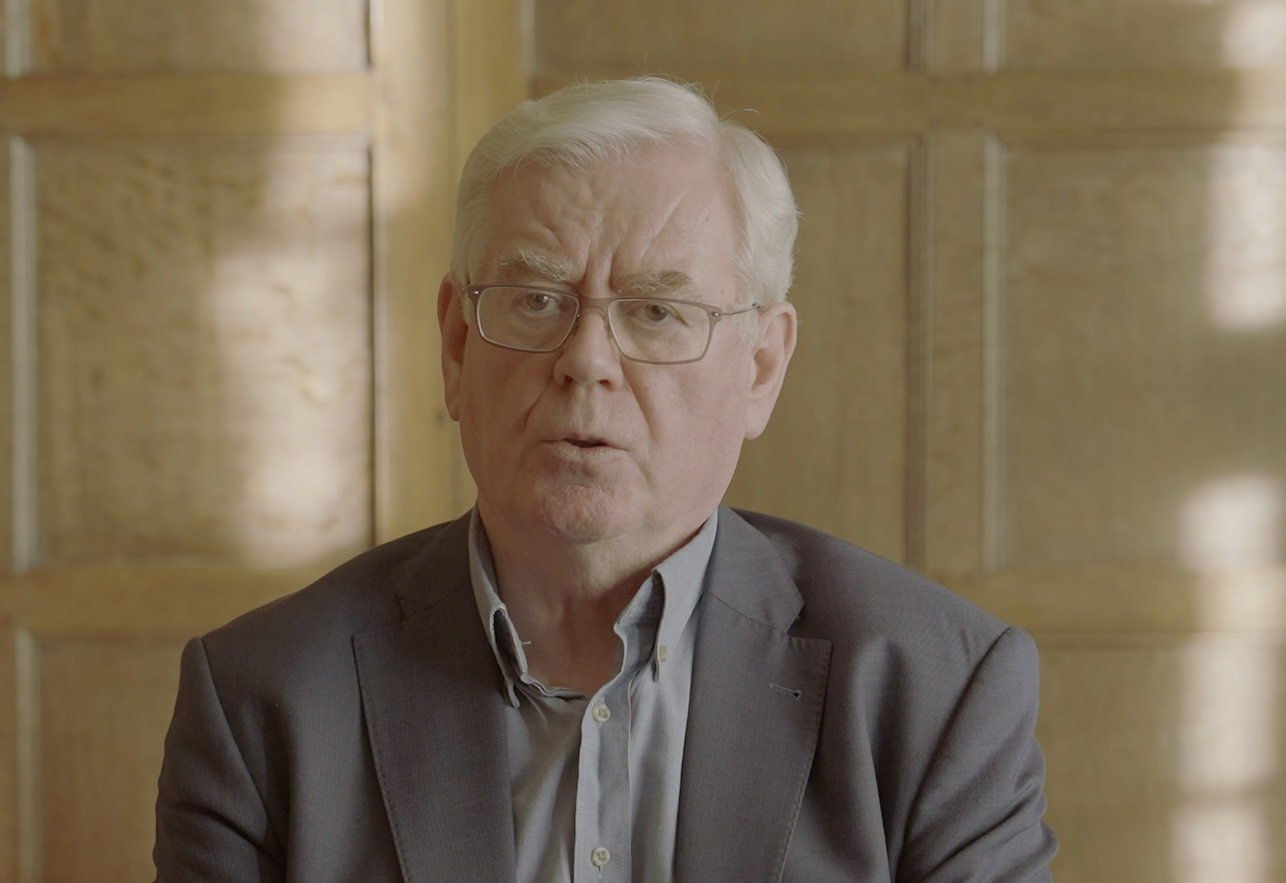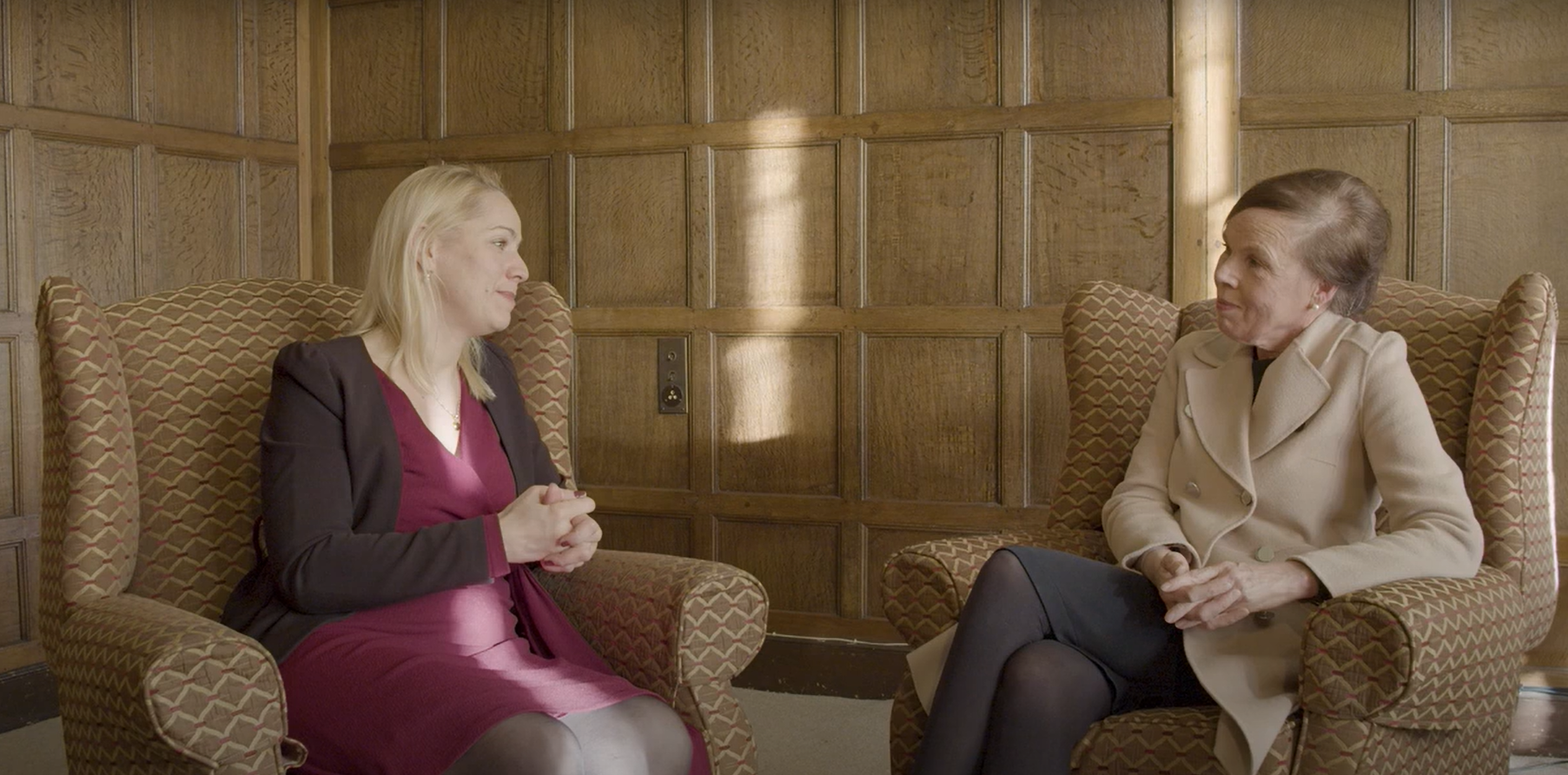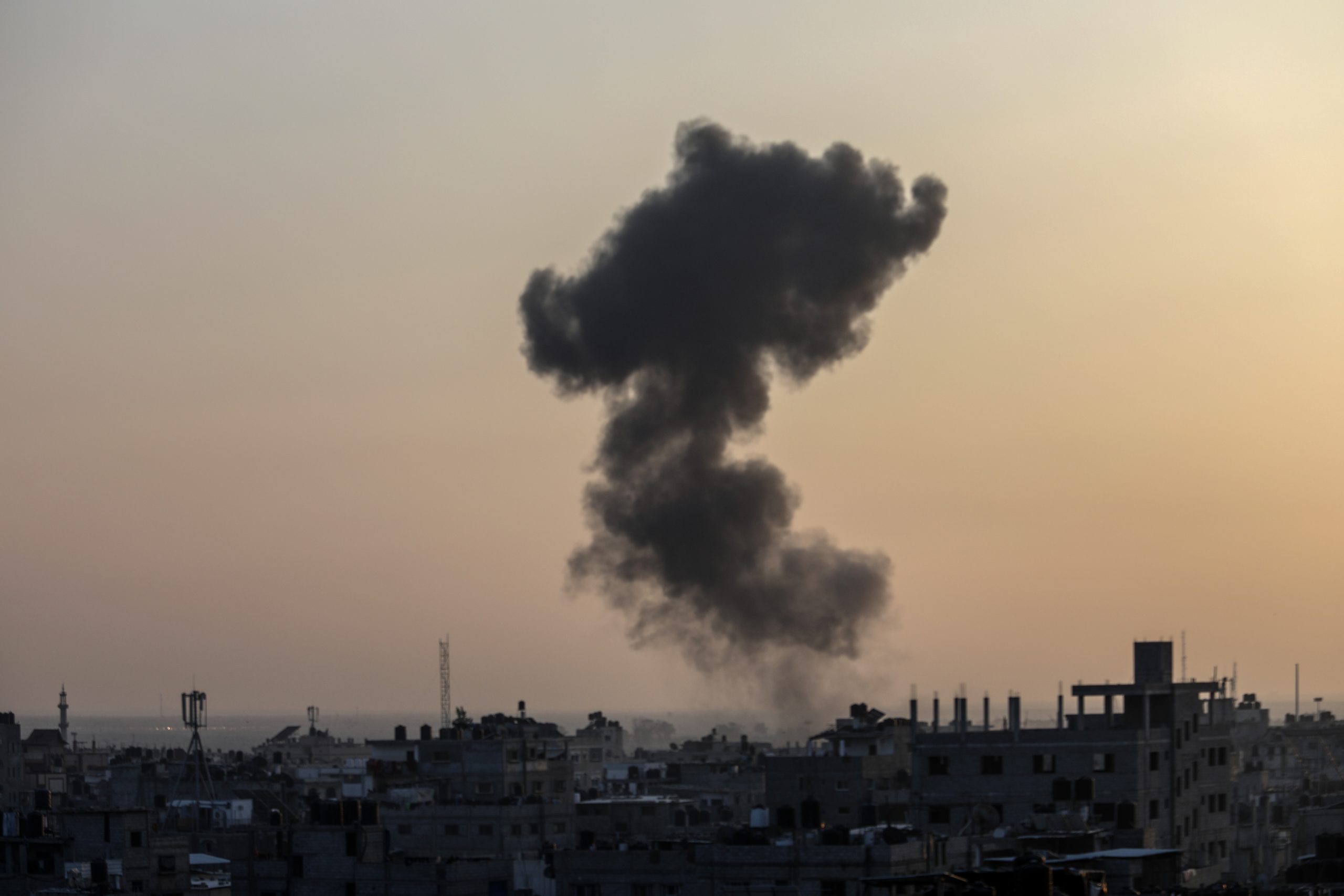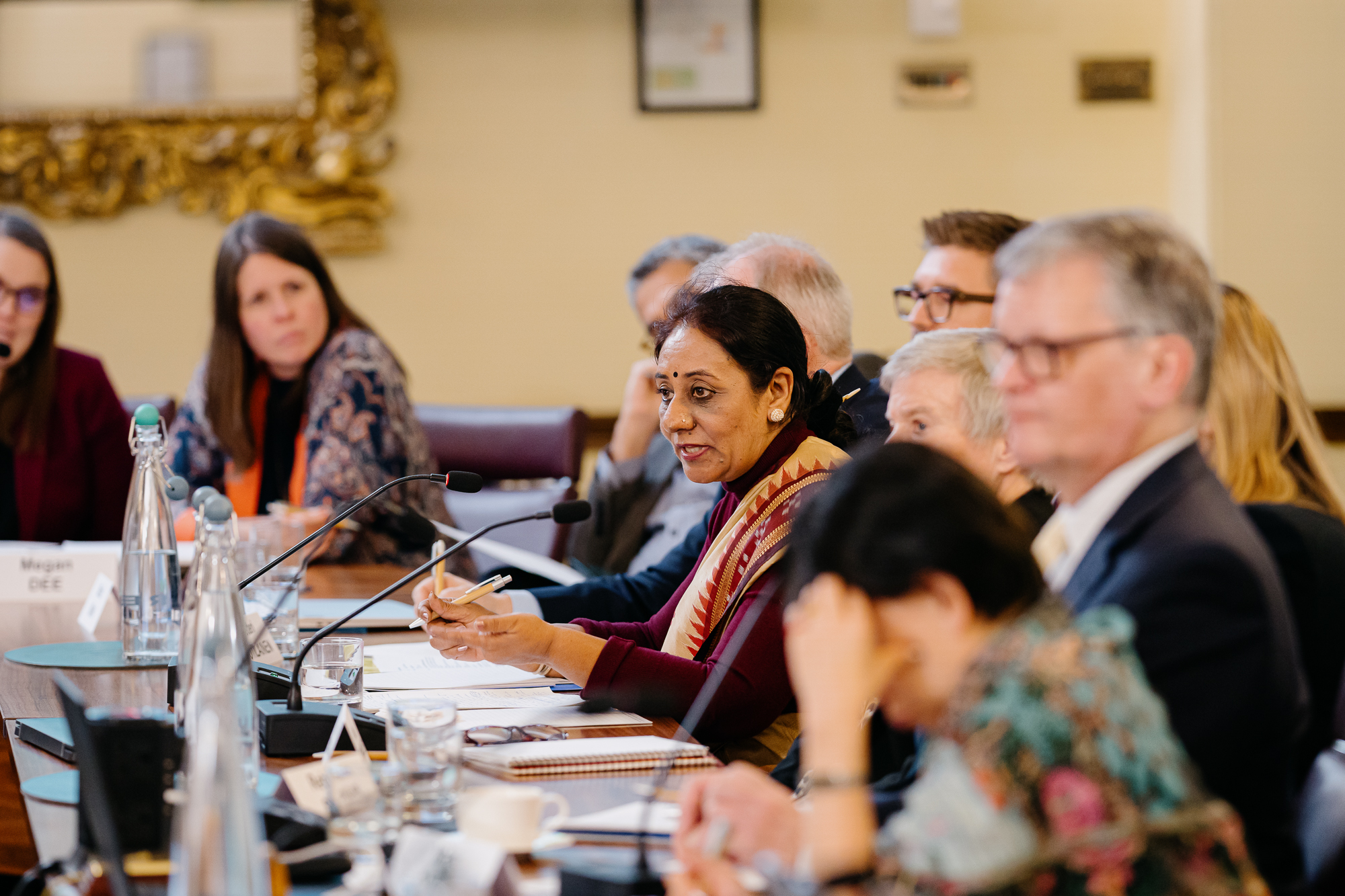This dialogue discussed how the delivery of humanitarian and development aid, underpinned by the rule of law and international norms, can better address the complex and contextual needs of religious minority groups in conflict and crisis settings.
We aimed to:
- Explore how the delivery of humanitarian and development aid, underpinned by the rule of law and international norms, can better address the complex and contextual needs of religious minority groups in conflict and crisis settings.
- Explore how the needs assessment processes within humanitarian and development programming works in practice to identify members of vulnerable religious minority groups/ those excluded and evaluate how effectively those needs are being met.
- Explore what can be learned from effective humanitarian and development programmes in other sectors to include gender and disability targeted intervention.
- Engage with how effective data gathering -including data disaggregated on religious identity as well as other marginalisation factors- can support more effective humanitarian and development response cross sector for vulnerable religious minorities.
- Using the case studies of vulnerable religious minorities in Northern Burma and Iraq, identify lessons on how aid provision in a blended recovery and/or transition context can complement efforts to rebuild cultural communities following crisis and conflict.
- Identify the wider risks presented by the fragmentation of religious minority communities across different regions and explore how the right conditions can be created to enable them to return to their homes voluntarily in safety and with dignity with a view to creating more cohesive, peaceful, just and inclusive societies over the long-term.
